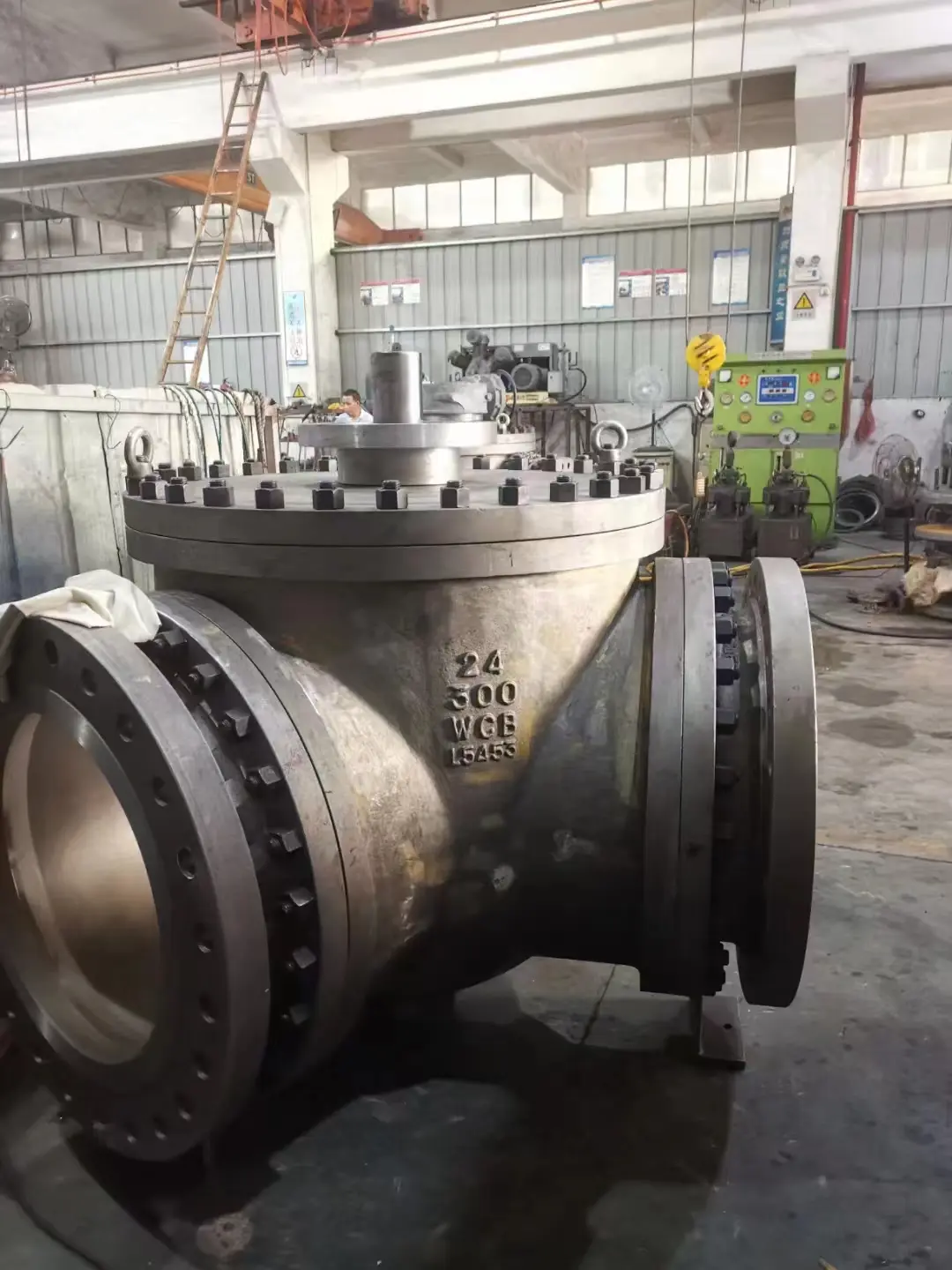
Piggable valves are indispensable components in oil and gas, petrochemical, water treatment and other industries. Designed to facilitate the passage of cleaning equipment, or "pigs," through pipelines, these valves play a vital role in maintaining pipeline integrity and the efficient operation of infrastructure. In this blog post, we’ll take an in-depth look at the various sizes, applications and pressure ranges of pigging valves, highlighting their importance in ensuring pipeline cleanliness and minimizing downtime.
Piggable valves stand out for their unique design, which allows pigs to pass through the valve without damaging the pipe or impeding fluid flow. These valves are available in a variety of sizes to accommodate different pipe diameters and can be divided into two main types: bypass pigging valves and transmitter/receiver pigging valves. The bypass valve diverts the pig around the mainline flow path, while the transmitter/receiver valve allows the introduction and recovery of the pig.
In the oil and gas industry, where pipelines are critical for transportation and distribution, pigging valves are critical to maintaining the cleanliness and integrity of pipelines. These valves help remove debris, scale and other contaminants that build up over time, ensuring smooth flow and reducing the risk of corrosion and clogs. Piggable valves also aid in pipeline inspection and integrity assessment as they can easily monitor and clean the entire network.
Piggable valves offer significant advantages in the petrochemical industry, where pipelines carry a variety of products, including hazardous chemicals and volatile materials. Specialized pigging valves enable efficient pigging operations of different batches of products or pipeline flushing between different processes, thereby preventing cross-contamination. This ensures compliance with strict quality standards and minimizes risks associated with product mixing or contamination.
In water treatment facilities, pigging valves are critical to maintaining a clean and safe water supply. These valves aid in sanitation procedures by enabling efficient pigging of pipelines, removing sediments, biofilm and other impurities that may affect water quality. Piggable valves facilitate regular maintenance and cleaning to comply with regulatory standards and ensure optimal operation of water treatment processes.
Piggable valves are designed to operate reliably under a wide range of pressures. They can handle low-pressure applications in smaller pipes and high-pressure systems in larger diameter pipes, making them versatile and adaptable to different industrial environments. Whether the operating pressure is a few bars or hundreds of bars, pigging valves provide strong performance and long-lasting durability to ensure pipeline maintenance and cleaning under various working conditions.
For businesses that rely on pipelines for their operations, pigging valves are an important component. Able to accommodate a variety of pipe sizes, facilitate cleaning processes and withstand different pressure ranges, these valves play a vital role in ensuring the integrity, efficiency and compliance of pipeline networks. As industries such as oil and gas, petrochemicals and water treatment continue to grow, pigging valves remain an indispensable asset in keeping pipelines clean, optimizing operations and minimizing downtime.
Post time: Nov-08-2023
